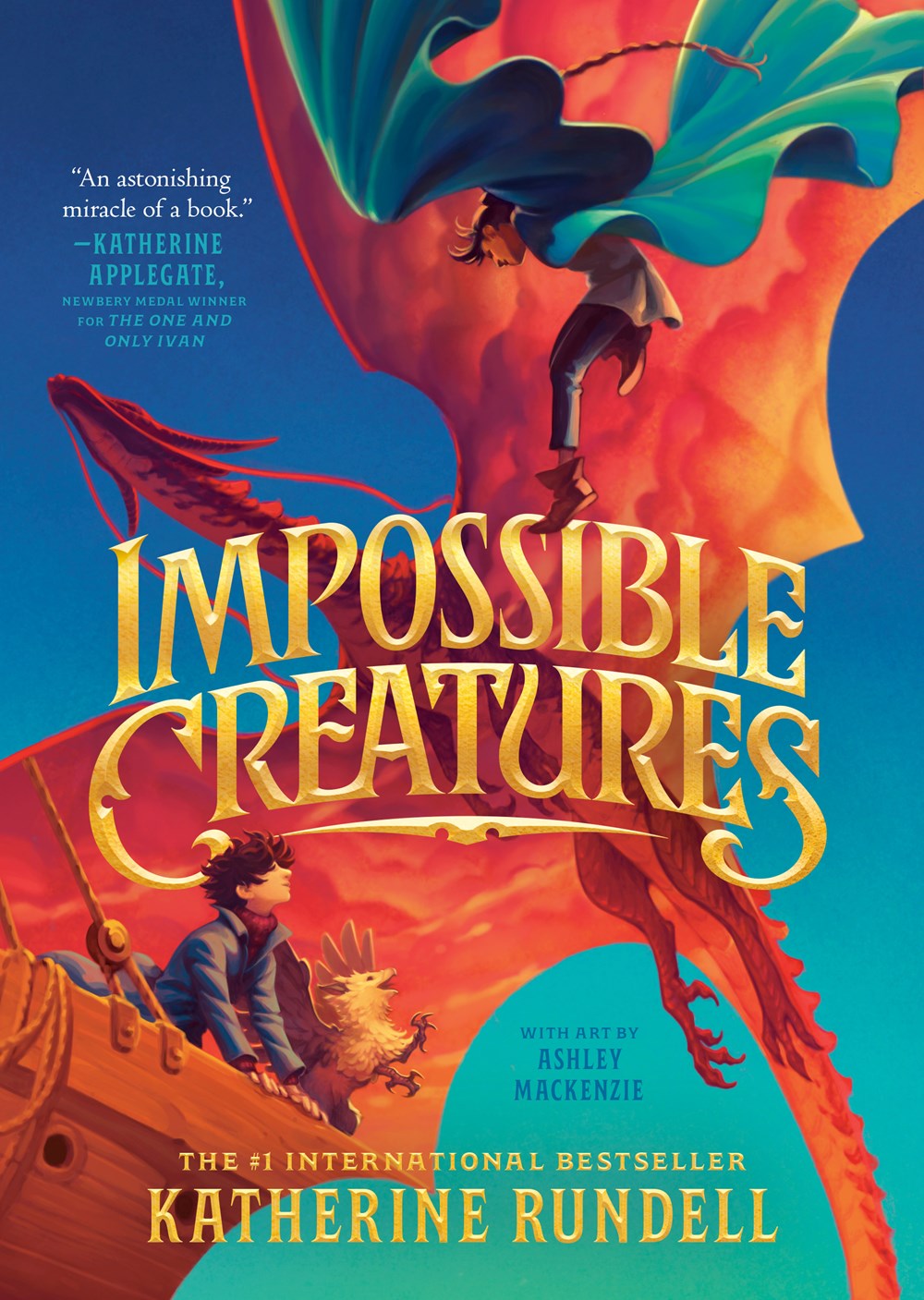- Details
- Category: Helen
 Jasper Rabbit’s Creepy Tales: Unsettling Salad! by Aaron Reynolds
Jasper Rabbit’s Creepy Tales: Unsettling Salad! by Aaron Reynolds
Jasper Rabbit, in a suit, eyebrow quirked, introduces Unsettling Salad, with promises of encounters with the weird, the spooky, the goofy and the nonsensical. Parents will clock the manner and appearance of Jasper for the nod to the Twilight Zone that it is. For kids, it’s a brilliant technique to hook their interest.
At 82 pages and heavily illustrated, this series continues as a fine choice for kids too old for leveled readers, but not quite ready for novels. It’s also a fun read for your garden variety grown-up reader. I dare you not to laugh-out-loud. (Spoiler alert: WERE-BROCCOLI!!)
First Chapter Book pr8190247
 Maggie Lou Meets Her Match by Arnolda Dufour Bowes
Maggie Lou Meets Her Match by Arnolda Dufour Bowes
Libraries are asking for Indigenous content. This book is a fine example. Some of our rural libraries have been asking for stories set on farms. What isn’t as obvious, is that this book checks that box too. Maggie Lou learns to ride a horse, care for a horse, etc. Reading this book details how hard everyone works on a farm, from the smallest kids up to grandparents.
Maggie Lou also has a LOT of farm-centric fun and some truly funny hijinks.
Middle Grade Fiction pr7949707
- Details
- Category: Helen
 Impossible Creatures by Katherine Rundell
Impossible Creatures by Katherine Rundell
Right now, we could all use delightful books to read. I read this awhile ago, but, Impossible Creatures tops the scale, for delightful. Mind you, our protagonists are running - and swimming, and rowing, and flying - for their lives, throughout; in and out of harrowing danger at every turn; surviving by their wits, lightning decisions, etc.
The plot is truly marvelous! The world building steals the show, however, and the actual impossible creatures could not be more wonderful. There are lethal and entitled humming bird sized dragons; Sphinx millennia old with sketchy ideas about obligation not to eat humans; unicorns; anti-unicorns called karkaadann who enjoy killing as a team sport; kraken (ship swallowing variety) and angelic, nearly helpless griffins. Other characters are also deftly drawn and fully developed, not least, the villain. His wickedness is implacable.
Our protagonists discover they each have an assigned, magical selfhood and thus, reluctantly - it has to be said - embark upon an impossible quest against this terrifying foe. They become protective of each other and that quality helps them to be heroes. If you – or young patrons – are looking for delightful escapism, this is it.
Its sequel The Poisoned King – which I am currently devouring – published this September.
Middle Grade Fiction pr7633531
- Details
- Category: Helen
 Go Sloth Go! by Gabrielle Prendergast | Illus. by Sophie Benmouyal
Go Sloth Go! by Gabrielle Prendergast | Illus. by Sophie Benmouyal
Car alarms are really, really annoying. Today, as I was working, a car alarm went off for at least five minutes. (I just deleted a few MORE sentences about how much I hate car alarms.) The point being, Go, Sloth, Go! to the rescue! I need to purchase this book for libraries I have the privilege of purchasing picture books for. I didn’t really need to reread the book to make purchasing decisions, but I did anyway. Reading it literally made me feel better (car alarm still going, mind you). Tense shoulders? Relaxed… Frowny face? Smiling… Silent frustration?... Laughing out loud.
At three words per page, mimicking the pattern of the title, this simple, simple narrative, never the less, tells an action packed and – yes – laugh-out-loud story. I have been told by smarter people than myself, that changing one word, in a simple sentence like this, is a good way to teach small children about language. Also noteworthy, illustrations of the sloth’s face in this story convey a wide variety of emotions, very well. Were the sloth an actor, they would be Academy Award worthy. There is much more to say about this brilliant, Canadian book. I’ll leave it at, bravo, Sloth, bravo!
Picture Book pr7892049
